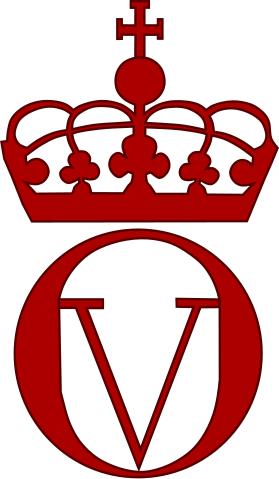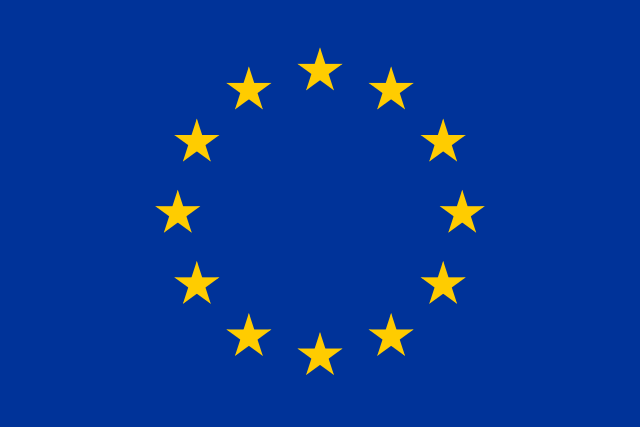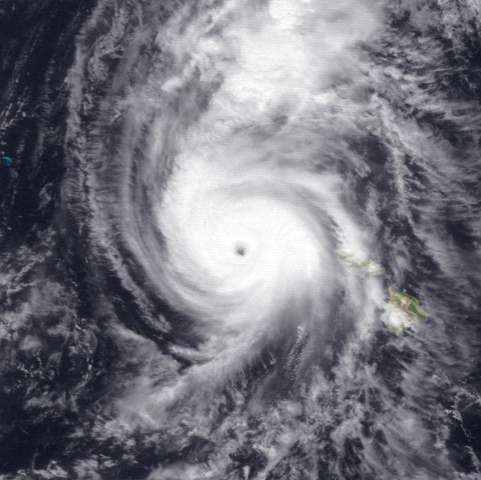1990- Cultural Overview: Queersploitation Pt. 1
"Queersploitation (n)- a subgenre of exploitation films emerging in the mid 1980s, the films are made often made with SATMIN actors, ostensibly for SATMIN audiences and often relying on the stereotypes associated with American SATMIN culture or are derivations of preexisting works."- Merriam-Webster Dictionary [2000 edition]
"Queersploitation (n)- a subgenre of exploitation films emerging in the mid 1980s, the films are made often made with SATMIN actors, ostensibly for SATMIN audiences and often relying on the stereotypes associated with American SATMIN culture or are derivations of preexisting works."- Merriam-Webster Dictionary [2000 edition]
Third-wave feminism and the AIDS epidemic were two of the major factors that kickstarted the rise of SATMIN Civil Rights (or Queer Civil Rights at it was known at the time) movement over in the mid-1980s. Additionally, with the Udall administration working on it and various people in power becomign sympathetic to their plight, especially Vice President at the time Reubin Askew, they would bolster their support among the general public. The Udall administration's positive success on domestic and foreign affairs gave them a large amount of trust in the people regarding what they were doing. Thus when support was granted toward these movements, many people on the fence or not knowing of the matters became much more receptive to their plight and support would grow for it. The SATMIN Civil Rights conference in 1985 helped unify and bolster the movement even more so and 1986 would see legislation for them, granting legal protection from discrimination in employment, adoptation and many other aspects. However, the movement was only beginning there as the conflict would shift onto the cultural front. Namely in further communicating their message to the people and showing what they wanted while also wanting to take the change to show the world who they are. However, while a growing number of people were supportative, old habits die hard and the lack of inexperience for some along with the generational gap meant other issues arose.
Queersploitation would be a result of this period of time in cultural exploration and growing generational differences and the name was inspired by how a similar phenomena happened over in the 1970s with the blaxploitation subgenre.
Queersploitation is the name given to the growing subgenre of films at the time, usually with some level of influence from prominent SATMIN individuals in Hollywood. As the attitude of acceptance grew along with the possibility of profits, more of these films would be seen. For many people in Hollywood, it allowed them to come out of the closet as it was called and be able to try and do the sort of indulgences they wanted to do, especially if they could go and cater to a growing audience. Of course, the how remained a question?
The first one would be by taking famous romance stories, such as Romeo and Juliet and others and switch around the genders along with a more modern setting. It was simple and it was relatively straightforward. It also was considered a relatively safe bet in making money, especially when they would rely over on the periphery audience to go and gain more profit from these sort of films. Another would be on biopics, aimed and focused on prominent figures over in SATMIN history, being done as an educational angle to show the life stories of these people who were forced to hide who they were. Figures like Oscar Wilde and the like would get their lives explored and their time in the light to celeberate who they were. The figures were those usually of centuries prior, as more modern figures were avoided for the time being though many also believed this was to gather research and expand on such figured. Others included things such as SATMIN tragedies, focusing either on failed romances or being tragic films that would show the suffering of the protagonists or their close ones. Done as a raw expression of emotion, it framed just what some of them have gone through or the pain of what it was like, often done to promote sympathy or slander certain groups. There were even some oddballs such as an attempted buddy cop comedy though with both of the cops being attracted to one another.
The stars and often the higher-ups such as directors would be the ones making the creative decisions. However, straight people still had an influence, if mainly in financing the thing or doing the basic work though SATMIN peoples would also be seen there. Either through theatrical released film, movies made straight for television or even some television shorts, it would be coming out. However, while much of the material that was being created celebrated and even indulged in the many aspects of SATMIN culture, a backlash was gradually beginning to grow.
From the campiness to the showy flair, it was something that many celeberated and enjoyed there, feeling they could be themselves and display it. However, as the 1990s were coming, there was a growing division on who was liking it. Primarily, it seemed that most who enjoyed these were those in urban areas along with those who were on the older side, baby boomers and the like. However, for the younger folk such as the brightbangers and so on, the campiness and other aspects traditionally associated with American SATMIN culture such as theater or Broadway or whatnot began losing their charm for them after a while. For them, they felt that this was rather limiting or constraining over what films for SATMIN audiences could be like. Some even saw it as a somewhat harmful perpetuation of the stereotypes that they were associated with for awhile. Yet another complaint was feeling how a large portion of the fictional material was just rehashes of preexisting heterosexual stories, with some just blatant changes to the gender and the like. Some creators felt that it wasn't really anything that was truly theirs. And another was over on how it was somewhat exclusionary of people of color who were SATMIN though this appeared to be more a factor of scarcity and not having much luck there though for the SATMIN people of color, it was another bitter situation for them to deal with.
Despite that though, it was still a complicated history. After all, there was now SATMIN characters over in film and television that could be looked up to. Not just victims or jokes, but also protagonsits and heroes, with increasingly complicated and more well-rounded depths and most of the works did have enough effort put into it to be relatively decent. While perhaps not as controversial as blaxploitation was, it was still becoming a complicated issue, as some defended the works and viewing those against it as ungrateful or not knowing the history while those critical began upset and viewing it as limiting, stereotypical or unimaginative.






